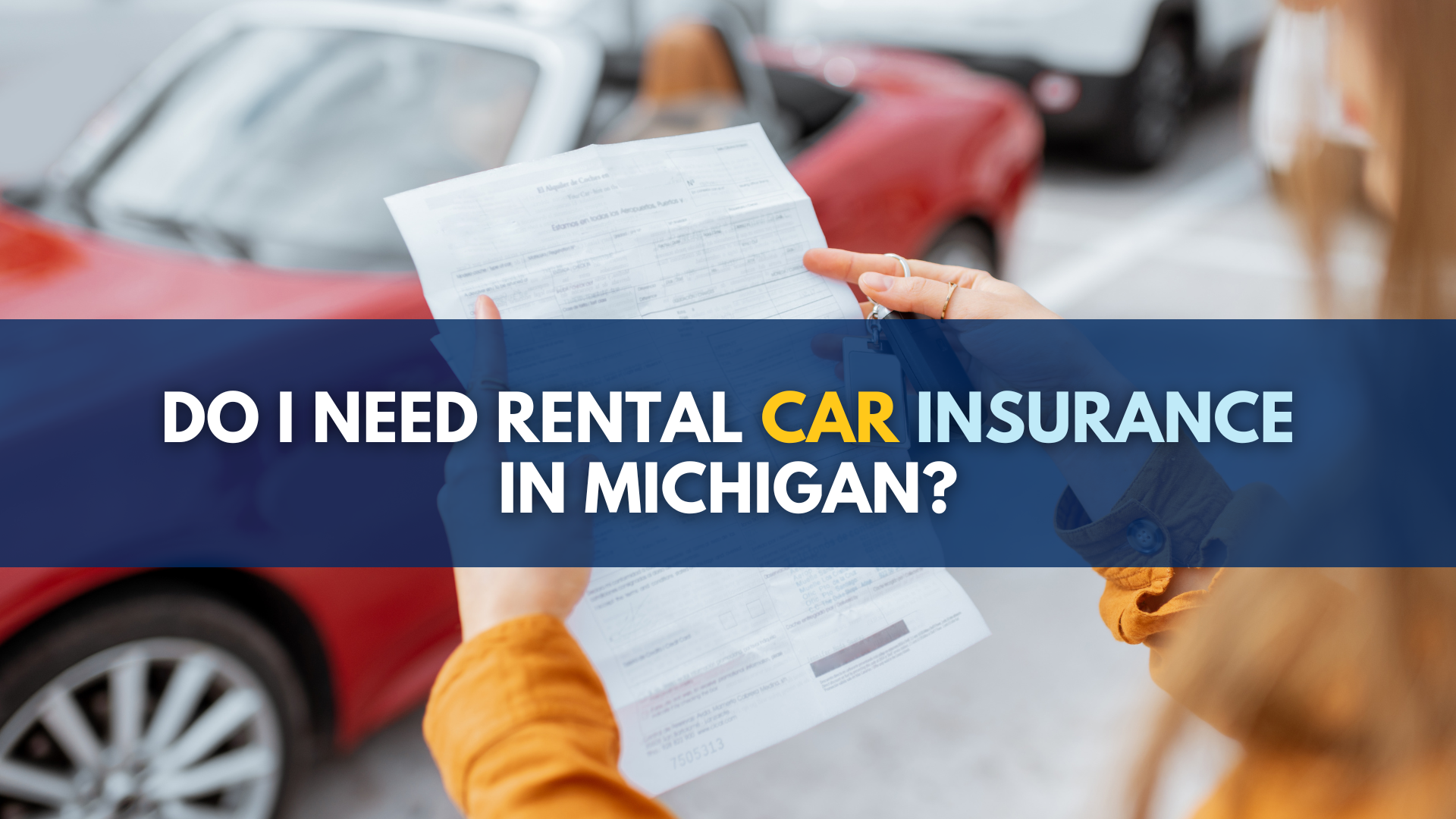
In Michigan, if your trailer has more than two wheels, then, yes, you will need to have insurance for your trailer. However, if your trailer only has two wheels, then, no, you won’t need insurance for your trailer.
But just because you may not be legally required to get No-Fault insurance coverage doesn’t mean you should go without coverage. As a car accident lawyer, I always recommend that people hauling a trailer still get some level of coverage for a trailer as it’s very inexpensive.
I’m writing about auto coverage for a trailer today because I always get asked about it this time of year. People want to know what happens if someone rear-ends them on the highway and causes damage to their trailers and to the toys – all the boats, camping gear, jet skis, motorcycles, ORVs, mopeds and mountain bikes – that we see people hauling to cottages and lakes in the summer months.
As an accident attorney, the legal analysis starts with what type of trailer they have. The type of trailer and whether that trailer has auto coverage that includes auto No-Fault coverage will determine how damage to the trailer and to the “toys” – such as the boats, camping equipment, jet skis, motorcycles, ORVs, bikes and mopeds – gets paid or not.
Is insurance required on a travel trailer in Michigan?
As I mentioned at the beginning of this blog post, whether a trailer has only two wheels or more than two wheels will determine whether travel trailer insurance is required under Michigan’s No-Fault law.
It doesn’t matter whether it’s called a travel trailer, a camping trailer or a trailer coach.
Specifically, if a trailer “has more than 2 wheels,” then it will be deemed a “motor vehicle” under Michigan’s No-Fault law and, thus, the law will require that a valid trailer insurance policy be obtained. (MCL 500.3101(1); 500.3101(3)(i)(“Motor vehicle” means a vehicle, including a trailer, that is operated or designed for operation on a public highway by power other than muscular power and has more than 2 wheels.”))
On the other hand, if the travel trailer has only two wheels, then it is not a “motor vehicle” under No-Fault and a travel trailer policy will not be required.
As you will see below, a trailer’s status as a “motor vehicle” under No-Fault also plays an important role in fixing damage after a car accident.
How do I pay for damage if my trailer is rear-ended on the highway?
If your trailer is a “motor vehicle” for No-Fault purposes and is insured by a valid Michigan No-Fault auto insurance policy, then you can file a mini tort claim to make the at-fault driver pay for damage to your trailer.
The maximum mini tort recovery limit is currently $3,000 as a result of the Michigan mini tort law change that was part of the new No-Fault law that was passed in 2019. The $3,000 mini tort maximum recovery limit applies to accidents occurring after July 1, 2020. Accidents that occurred prior to that were subject to previously mini tort maximum of $1,000.
Significantly, if your trailer damage results from a rear-end crash, then Michigan law may be able to help you prove your mini tort claim by making it easier to show the other driver was at-fault. Under MCL 257.402(a), the driver (and owner) of a car that rear-ends another vehicle “shall be deemed prima facie guilty of negligence.”
How do I pay for damage to the toys I’m hauling on my trailer if it gets rear-ended?
Unfortunately, the mini tort only applies to “motor vehicles” and, thus, cannot help with paying to fix toys that were damaged when a trailer is rear-ended on the freeway.
Those fixes would have to be covered by insurance policies taken out on the specific items.
I recommend to everyone that they insure their trailers and the contents separately – an individual policy for each item, i.e., jet ski, boat, motorcycle and, even trailer. Then, if any of the items are damaged as a result of a crash, the owner seeks coverage for repairs or replacement through that insurance company.
What if my trailer – and my toys – are damaged while I’m parked?
Interestingly, being parked or not will make a huge difference.
Say you and your family stop for ice cream as you’re going up M-22 to visit Sleeping Bear Dunes and someone crashes into your trailer which you have safely parked far away from the crowds, damaging both your trailer and the motorcycle, jet ski and mountain bikes you were hauling.
So long as you were truly “safely parked,” the repair/replacement costs for the motorcycle, the jet ski, the mountain bikes and even the trailer, itself, would likely be covered by Michigan No-Fault “property protection insurance” benefits.
Property protection insurance pays benefits up to $1 million to cover “accidental . . . damage to tangible property [that] consists of physical injury to or destruction of the property and loss of use of the property so injured or destroyed.” (MCL 500. 3121(1), (3) and (5)) Notably, this includes “damage” to “[v]ehicles and their contents, including trailers” when “the vehicle is parked in a manner as not to cause unreasonable risk of the damage which occurred.” (500.3123(1)(a))
What are the travel trailer insurance requirements in Michigan?
Under Michigan law, there are no specific travel trailer insurance requirements.
Instead, the general insurance rules discussed above – where the number of wheels on a trailer play a determinative role – would apply.
However, even if auto coverage isn’t required under No-Fault, it is wise to get coverage for a trailer to ensure that you have the following types of protections:
- Liability coverage
- Comprehensive coverage
- Replacement cost coverage
- Contents coverage
Do you have to register a trailer in Michigan?
Yes. All trailers – no matter what type they are and no matter how many wheels they have – must be registered with the Secretary of State if they’re going to be “driven or moved” on Michigan’s roadways. (MCL 257.216)(“Every motor vehicle, recreational vehicle, trailer, semitrailer, and pole trailer, when driven or moved on a street or highway, is subject to the registration and certificate of title provisions of this act . . .”)



